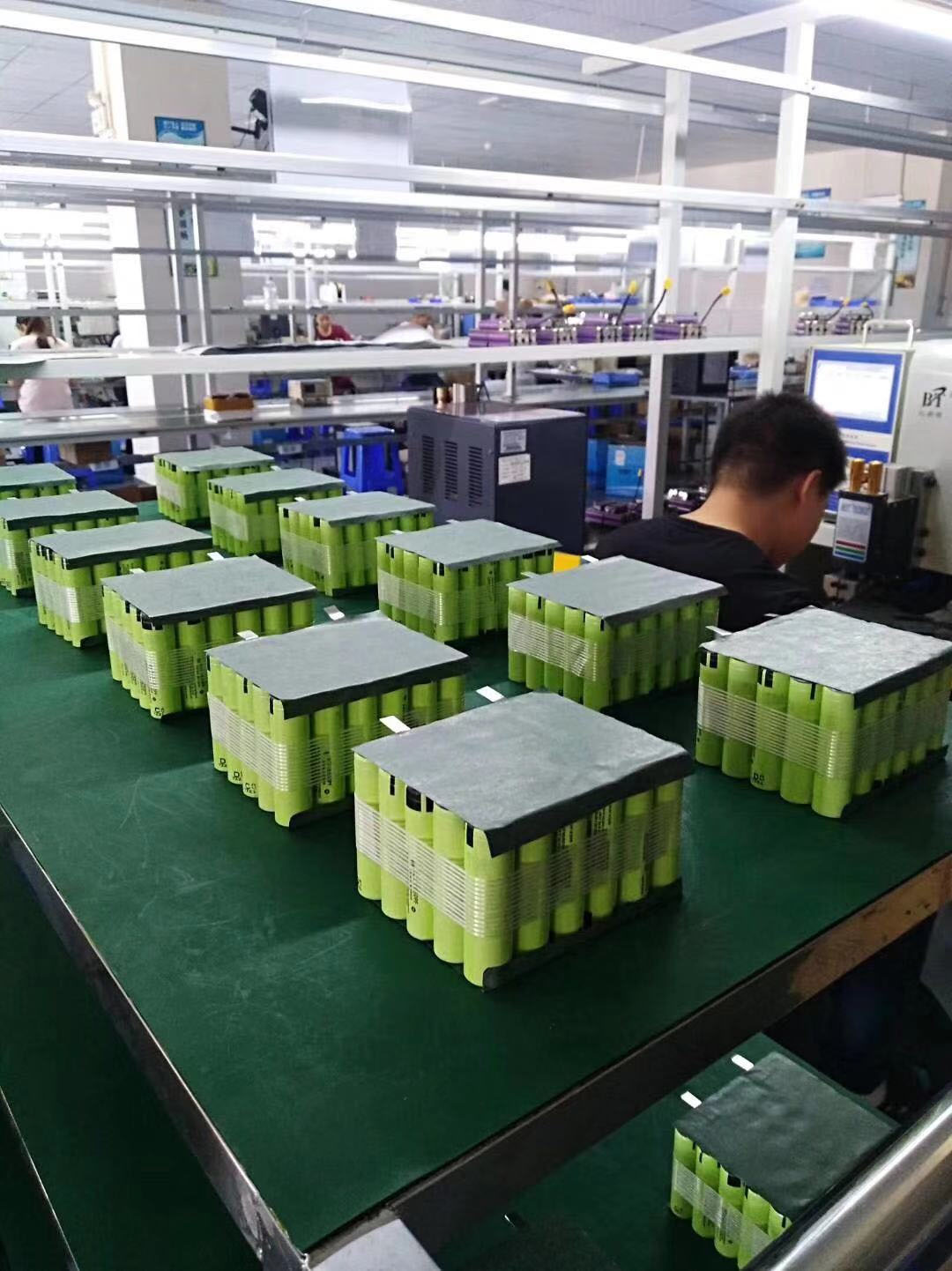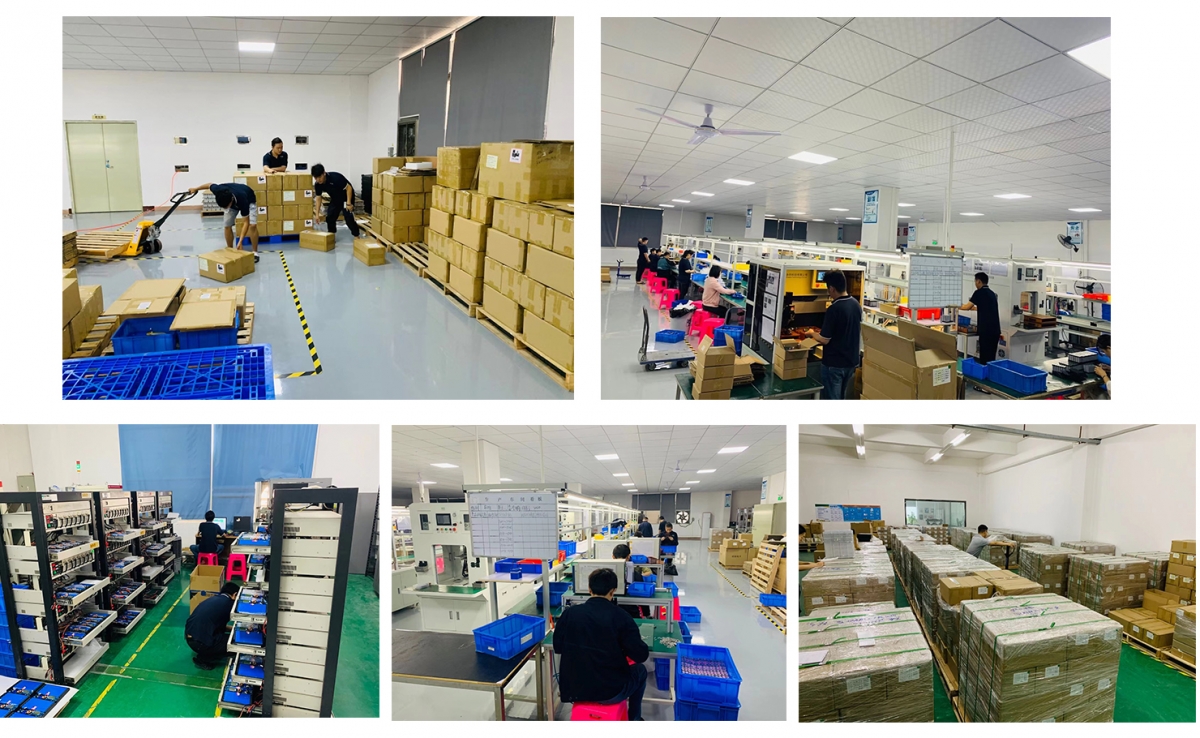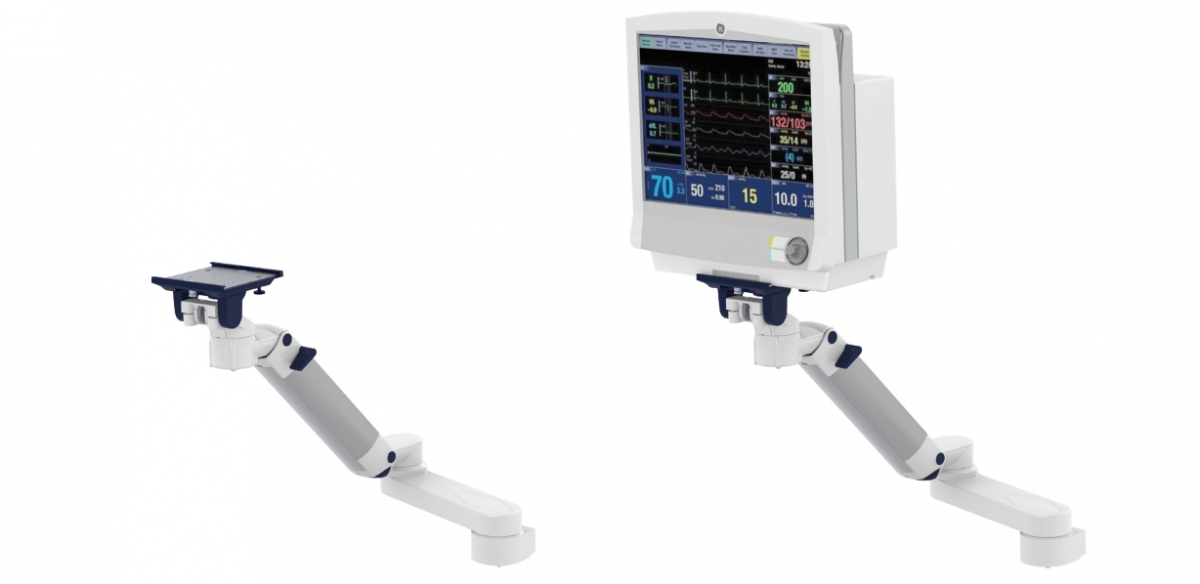- 03
- Sep
Medical device battery manufacturers
Battery pack for medical equipment
Qualified Medical Device Battery manufacturer-LINKAGE Battery

At LINKAGE, we make custom lithium-ion battery for medical devices according to the Medical Device Battery REQUIREMENTS. Linkage develops custom power standby medical-grade batteries for a wide range of health-care applications, from emergencies to surgery to treatment. We provide in-house design capabilities, full traceability and intensive testing to ensure that our medical device battery pack components meet or exceed medical device battery regulations and customer expectations.Rechargeable implantable medical devices
As a battery manufacturer for medical devices,
we provide customized lithium ion rechargeable battery, also Back up battery for medical equipment,lithium polymer battery (lithium polymer) package with 14.8 V, 7.4 V, 3.7 V BMS. We fully understand that countless medical devices used to save lives, stay healthy and introduce new life depend on Lifespan’s custom-made battery packs as their primary or backup power source to prevent power outages. Linkage is proud to provide the highest quality medical device battery pack for these medical devices as a medical battery supplier.All batteries are brand new,never with any Used medical Lithium batteries cells for customers

Ultrasonic equipment
Drug Delivery System
Respirator
Medical Computer Cart
Electric wheelchairs.
Portable imaging equipment
Patient Monitoring System
Portable imaging equipment
Infusion Pump
Oxygen concentrator
X-ray equipment
Surgical Instruments
Battery pack development
Medical Grade Battery
Batteries for medical devices
The LINKAGE facility is manufactured under the Medical Device Battery Act. Make sure our capabilities, equipment and facilities meet their needs. As medical-grade battery assembly technology continues to evolve, we use advanced testing methods to ensure that all our battery packs are running at the highest possible level. We performed three key tests on each medical battery pack we manufactured: checking all incoming components, process checks during assembly, and final checks. Additional testing can also be performed to meet the requirements of our medical OEM customers.

Linkage provides batteries for all your medical devices. Medical grade batteries are vital to help patients stay healthy or lead a comfortable life. We recommend using only medical-grade batteries.
Quality and battery safety
In terms of medical applications, lithium batteries must meet the standards for medical electrical equipment. We focus on mission-critical, life-sustaining applications. Linkage Medical Power has been active in providing Medical devices to the world’s top Medical device customers.

The standards include risk management models, basic performance concepts to help measure the impact of the device on user and patient safety, and ways for manufacturers to demonstrate equivalent safety or alternative compliance.
Linkage has been an industry leader in integrated power solutions. Custom Battery development and support from concept to production.
Transporting lithium batteries
Shipping code icon
Lithium-ion rechargeable batteries are considered hazardous and are therefore subject to shipping restrictions. The United Nations has defined the UN 38.3 standard, which must be met by all batteries and equipment containing lithium batteries in order to allow air transportation. This may come as a bit of a surprise when you are suddenly forced to ship your product only by road. Fortunately, design features that can be passed through IEC 62133 are usually also effectively passed through UN 38.3.

Choosing the right battery charger for your medical device
IEC 62133 Safety Standard
IEC Mark
IEC 62133 applies to all electrical and electronic medical equipment and its accessories. Version 3 has been adopted by regulators worldwide, with regulatory effective dates consistent across jurisdictions at the national level. The requirements of release 3 do not apply to products deployed on site, but apply to new products that have regulatory approval and to products currently shipped that have been approved through release 2. In the EU, the CE mark needs to be maintained in compliance with the 3rd edition.
Points for attention in medical device design
Design considerations for medical devices, especially battery charging and discharging. We will discuss why charging voltage and current accuracy is important. How overvoltage can damage batteries and shorten their life. Finally, show how low static current can increase battery life without increasing cost.
Charging accuracy is important. The accuracy of the termination current in the charging voltage maximizes the operating time and the charging time. The way to do this is to be able to create accurate charging profiles. If you have a bad charging solution and the accuracy is not high, you always have to assume the worst.
The accuracy of BQ20Z and BQ25120A is plus or minus 0.5% . Very close to ideal. They also have programming and charging profiles. This means that no matter what the chemical property of the lithium ion battery is, you can achieve the desired point without damaging the battery. All of this means that the TI battery charger allows you to have a more durable, better-performing battery.
With I2C, you can use these sensors only when necessary and turn them off when the device is in standby mode to reduce system load. This means less energy is wasted when not needed. You can reduce the cost by reducing the battery size. So when you think about designing a medical device, you absolutely have to think, how important is battery life? How can I get low static current to reduce costs?
In summary, key technical specifications to be considered in the design of medical devices include charging accuracy, voltage accuracy, suitability of battery voltage requirements, and static current and leakage in standby mode. All of these will enable you to make better and more durable medical devices.
